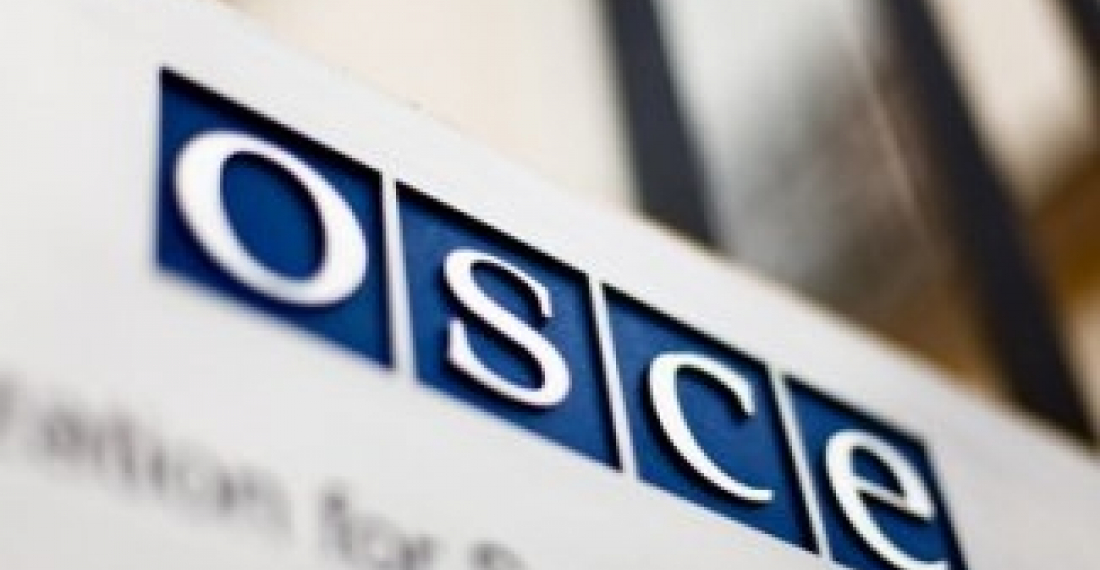No meeting between Armenian and Azerbaijani presidents for the discussion of the Nagorno-Karabakh conflict is scheduled for coming months, they are going to leave the discussions on the level of the Foreign Ministries, co-chair of the Minsk Group Igor Popov said on Friday.
His comments came after the meeting of the Armenian Foreign Minister Edward Nalbandian and the co-chairs of the Minsk Group.
In response to RFE/RL Armenian service question whether there will be a meeting between the presidents of Armenia and Azerbaijan for the discussion of the issue, Popov answered: “You know, that the discussions are being held on the level of Ministries of Foreign Affairs. We think that the process will be held on ministerial level at least, during the coming months.”
The Russian co-chair added that it was difficult to make predictions.
“Let us wait and see how the events will progress,” Popov said.
In his turn, American co-chair Robert Bradtke noted they had not visited Yerevan since July and there was a lot to discuss.
News.az







